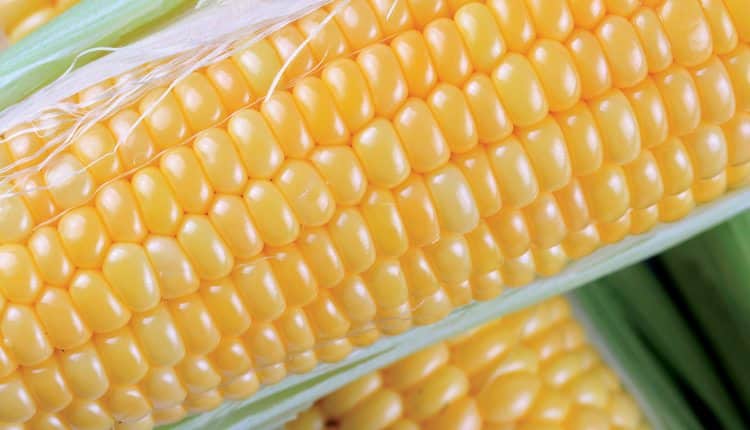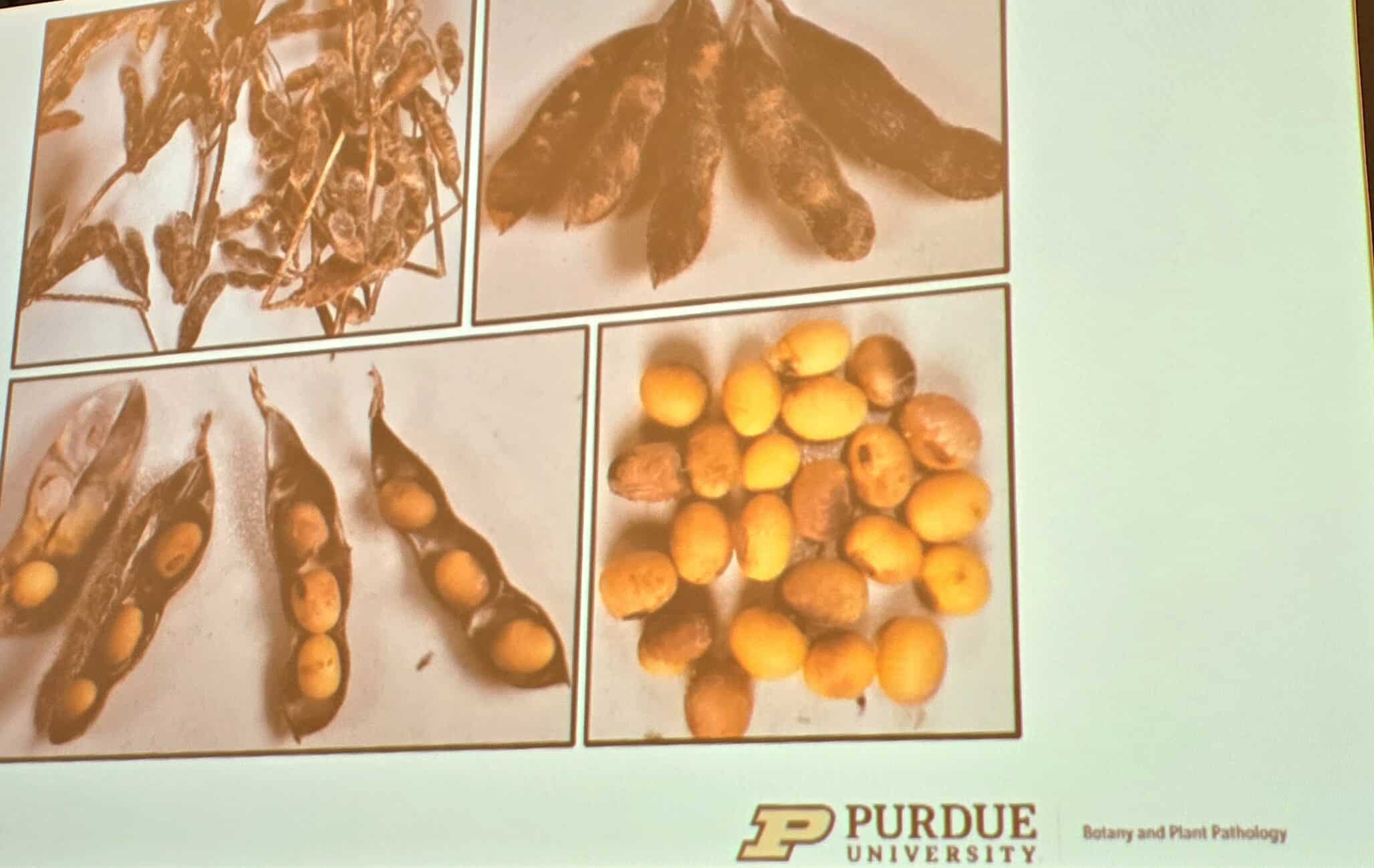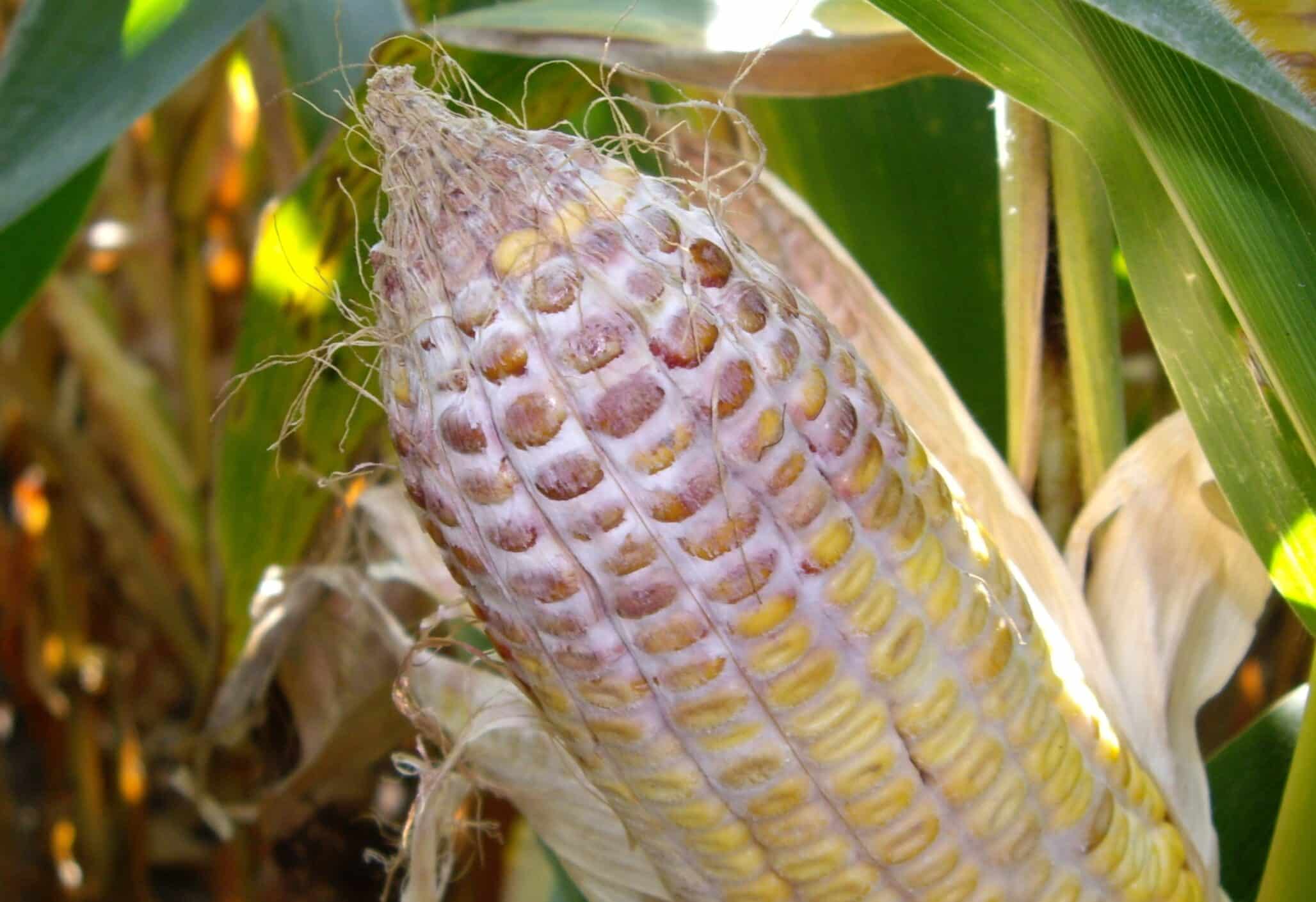Corn is a staple feed and biofuel crop with a value close to $3.7 billion in the Michigan economy alone. However, knowledge about seedling pathogens in Michigan corn fields is limited. A group of scientists in the Department of Plant, Soil and Microbial Sciences at Michigan State University set out to gain a better understanding of the composition of seedling pathogens, with results that will aid disease management research not only in corn but in rotational crops such as soybean and wheat.
This research focused on oomycetes, also known as water molds, which comprise several hundred organisms that include some of the most devastating plant pathogens some of which cause seedling disease and root rot. They used both traditional pathogen isolation methods and amplicon sequencing to identify the most abundant oomycetes from corn seedlings and characterize the isolates for their ability to cause disease on corn.
“The study is unique as we combined both a traditional pathogen isolation and amplicon sequencing to characterize oomycetes of corn,” explained Martin Chilvers, one of the researchers. “Using both of these approaches enabled us to get a snap shot of oomycetes in soil and corn seedlings, but also enabled virulence and fungicide sensitivity phenotyping.”
This research will lead to a greater understanding of the causes of seedling disease and root rot and enable more targeted approaches for disease management, from breeding hybrids with improved root rot resistance to screening fungicides that combat disease and improve management. To learn more, read “Diversity and Characterization of Oomycetes Associated with Corn Seedlings in Michigan,” published in the September issue of the open access Phytobiomes Journal.
Source: American Phytopathological Society












